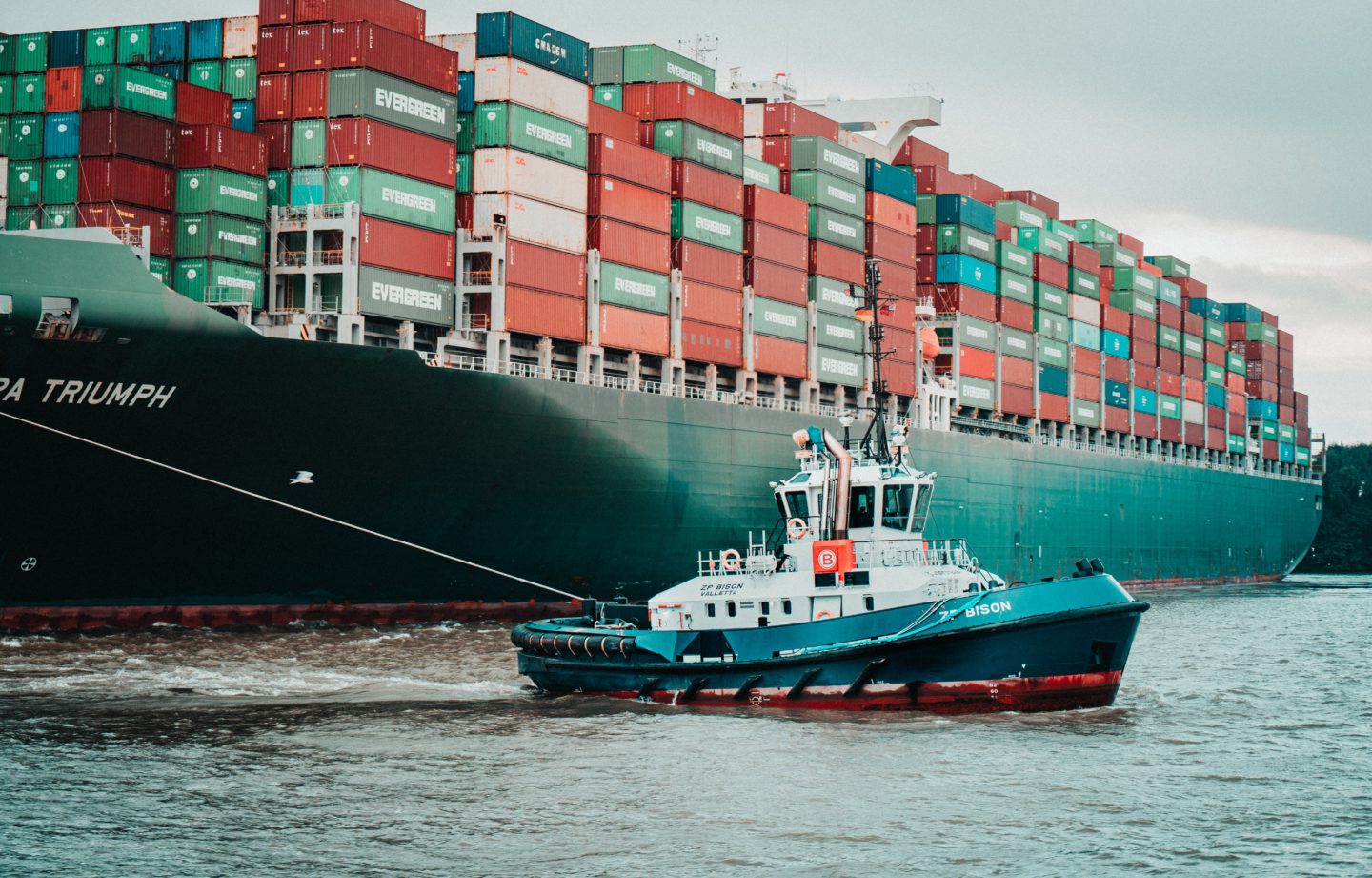Around 350 experts from leading international companies, across a range of industries, participated in the latest edition of IMD’s Global Supply Chain Survey. Comparing their 2022 ratings to survey responses from 2019 and 2016, it is clear that very few topics have significantly fallen in importance. The decrease in relative importance of blockchain for supply chains was the most pronounced over the past years. The weight of AI, as well as of last-mile delivery and micro-fulfilment solutions, also decreased, but they remained more important overall compared to other topics. Meanwhile, maintaining the talent pool in the supply chain organization, compliance and governance, as well as supply chain sustainability, have steadily risen in importance – the goalposts seem to be moving. Indeed, globalization of supply chain footprints is the only topic where progress achieved now beats its relative importance.
According to survey respondents, the track record of progress is mixed: over the past six years, really important implementation gaps remain in basic competences such as integration of supply chain with business strategy and applying a S&OP throughout the entire supply chain. While progress has been made on digitalization, big data and real-time data use, and AI, the gap between importance and degree of implementation remains high.
Supply chain resilience and cybersecurity were only added as questions in 2022 but clearly are on top of the global supply chain leaders’ agenda, taking the number two and three spot respectively.
When it comes to the implementation of key supply chain topics in 2022, respondents admit that they still have work to do. For over half of the priorities in our survey, the gap between importance and implementation does not close significantly between 2019 and 2022. The top items for which respondents observe the biggest gaps between importance of a topic and the degree to which the topic has been addressed in their organization fall into three key areas:
- Integration between supply chain and business strategy – the most important item overall and therefore the highest standards for implementation are likely applied.
- Digitalization of supplier and partner interactions and increasing visibility and forecast accuracy through improved data collection and data management processes – these are the key measures of the growing complexity in supply chains.
- Building a more sustainable supply chain – likely to be driven by increased scrutiny of regulatory agencies and stronger demand from consumers and partners.
According to our data, significant progress in implementation has been made in the use of AI and IoT for supply chain management and in digitalization of cooperation with channel partners and suppliers, while the importance of these topics has decreased or stayed the same over time. This points to innovative technologies becoming more mainstream.
Certain topics at the forefront of digitalization and innovation do not yet seem to have reached critical implementation mass in global supply chains – most notably digital twins and control supply towers, as well as autonomous vehicles. We will make sure their importance is tracked over the next few years when technologies and implementation are likely to mature. Furthermore, we are taking a closer look at the gaps between top and bottom quartile companies in all of those areas.
As a supply chain executive, you might want to ask this question: what importance do you assign to the 24 supply chain trends relative to others and how well have those been addressed to date in your organization?






